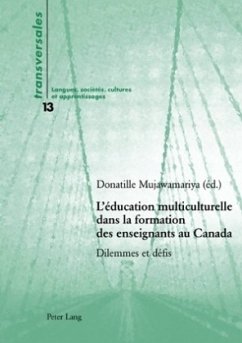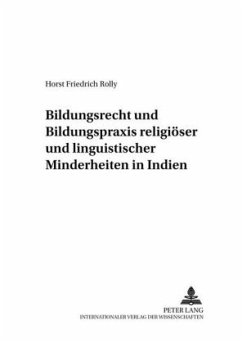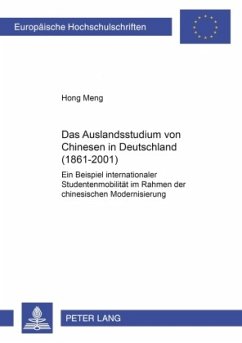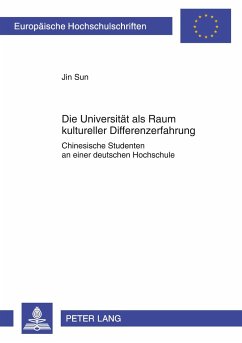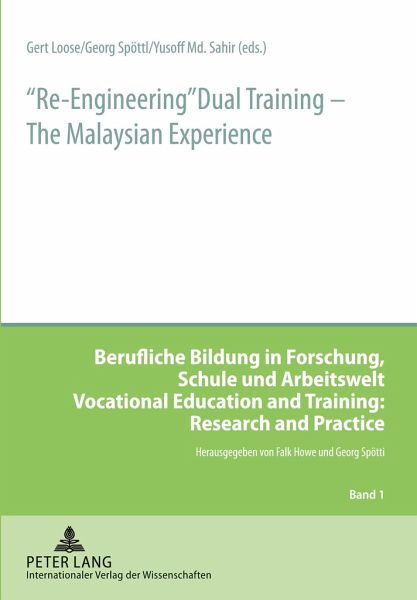
'Re-Engineering' Dual Training - The Malaysian Experience
Versandkostenfrei!
Versandfertig in 6-10 Tagen
64,80 €
inkl. MwSt.

PAYBACK Punkte
0 °P sammeln!
«Re-Engineering» Dual Training - The Malaysian Experience shows how a new industrial country is successfully pursuing the aim to ensure the extremely swift increase of economic development by initiatives and concepts for the qualification of skilled workers. This publication reflects the analysis of best practice in training which centers around the workplace in lead countries as well as the philosophy, policies and procedures of the emerging Malaysian National Dual Training System. Excellence in high-tech work must be based on excellence in training. Training based on targeting specific com...
«Re-Engineering» Dual Training - The Malaysian Experience shows how a new industrial country is successfully pursuing the aim to ensure the extremely swift increase of economic development by initiatives and concepts for the qualification of skilled workers. This publication reflects the analysis of best practice in training which centers around the workplace in lead countries as well as the philosophy, policies and procedures of the emerging Malaysian National Dual Training System. Excellence in high-tech work must be based on excellence in training. Training based on targeting specific competencies was seen as a way to achieve this excellence. However, this apparently logical approach, which seemed to make it the panacea for meeting today's pressing high-tech training needs, has failed to keep its promise. Yet, its undisputable contribution to the development of highly effective training has been to create awareness that the necessary accountability of training can only be secured through the definition of occupational standards. However, when they only reflect the immediate work which has to be carried out at the workplace, occupational standards seemingly fall short. The rapidly changing context of work also needs to be reflected, and therefore a new focus on the workprocess is needed to guide the necessary reorientation in training.





